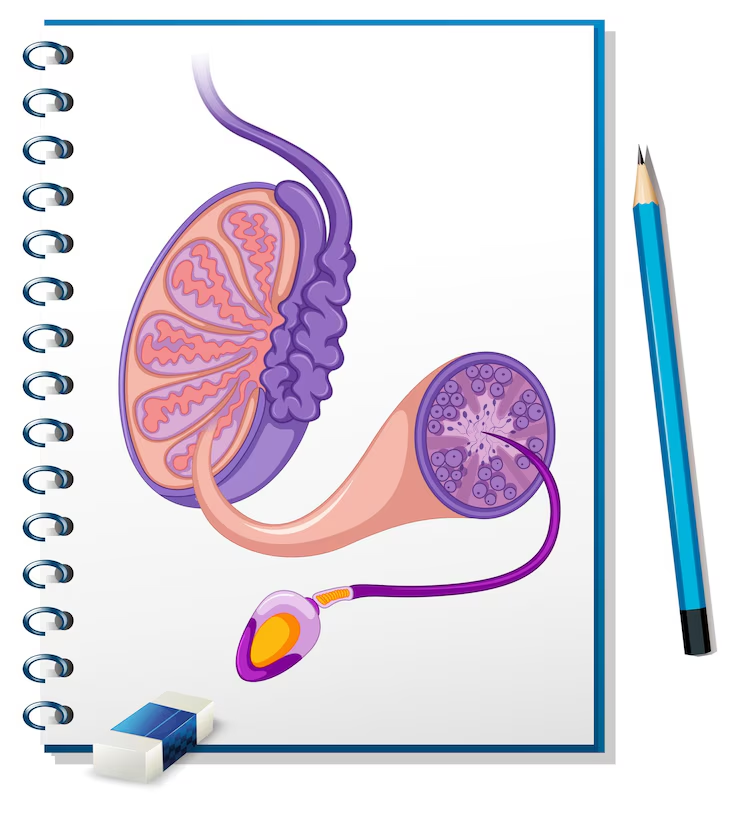Welcome to the Urethral Sphincters quiz! Do you know what urethral sphincters are and what their role is in your body? In this quiz, you’ll have the chance to test your knowledge and learn more about these essential muscles.
Urethral sphincters are muscles that help control the flow of urine from the bladder. Understanding how they work can help you better understand your body’s urinary system. So, are you ready to dive into the world of urethral sphincters and test your knowledge? Let’s get started and see how much you know!
Play Urethral Sphincters Quiz
Instructions
- This quiz is multiple choice.
- Read each question carefully before selecting an answer.
- Choose the best answer for each question.
- You will see the missed questions with correct answers at the end of the quiz.
Quick Facts
- The muscles that control the flow of urine out of the body are located in the urethra.
- There are two main types of sphincters in the urethra: the internal sphincter and the external sphincter.
- The internal sphincter is composed of smooth muscle and is involuntary, meaning it can’t be controlled consciously.
- The external sphincter, composed of skeletal muscle, is under voluntary control, enabling us to decide when to initiate or terminate urination.
- Both sphincters work together to help control the release of urine from the bladder.
- The internal sphincter relaxes to allow urine to pass from the bladder into the urethra.
- The external sphincter relaxes when we consciously decide to urinate, allowing the urine to flow out of the body.
- Incontinence can occur when the sphincters are weakened or damaged, leading to involuntary urine leakage.
- Kegel exercises can help strengthen the muscles of the pelvic floor, including the sphincters, to improve bladder control.
- Damage to the nerves controlling the sphincters can also lead to urinary retention or difficulty emptying the bladder.
Downloads
Study Tips
- Create a study schedule and stick to it.
- Find a quiet and comfortable study environment.
- Remove distractions such as phones and social media.
- Take breaks every 25-30 minutes to avoid burnout.
- Use active studying techniques like summarizing, highlighting, and teaching concepts to someone else.
- Practice retrieval by testing yourself with flashcards or practice quizzes.
- Stay organized with notes, study guides, and resources.
- Stay hydrated and eat brain-boosting foods like fruits, nuts, and whole grains.
- Get enough sleep to improve memory retention and cognitive function.
- Reward yourself for reaching study goals to stay motivated.
